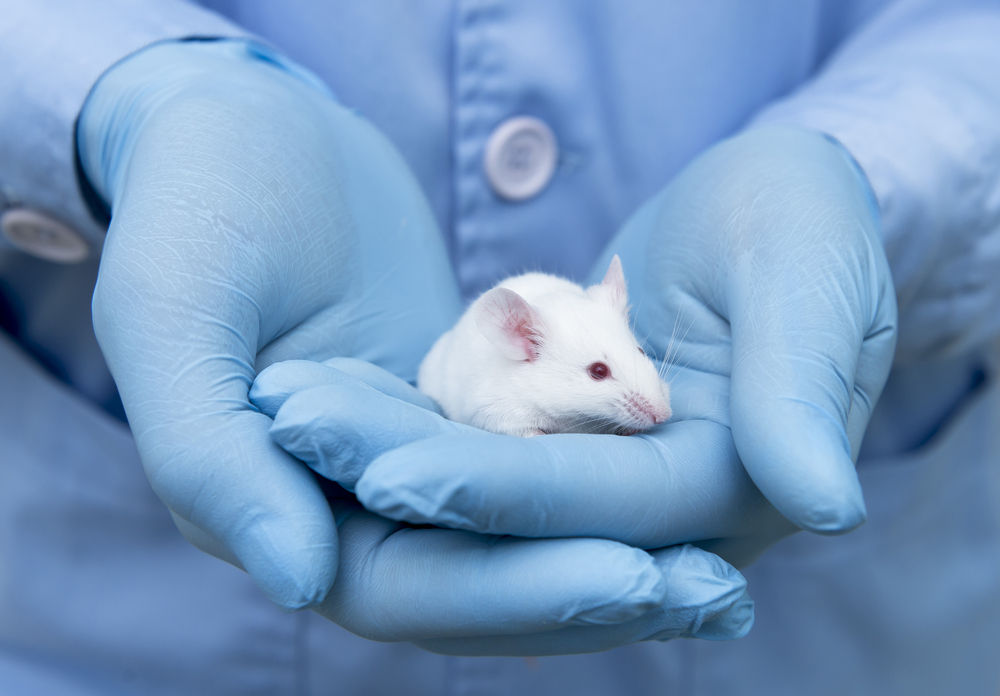Antioxidants Protect Against Levodopa Toxicity, Mouse Study Shows

Antioxidants like vitamin C may protect against the toxic effects of levodopa, researchers report.
Their study, “Reducing oxidative toxicity of L-dopa in combination with two different antioxidants: an essential oil isolated from Rosa Damascena Mill., and vitamin C”, was published in Toxicology Reports.
Levodopa (L-DOPA) treatment effectively reduces early motor symptoms in Parkinson’s disease, but conflicting evidence suggests the therapy may further damage dopamine-producing neurons due to the overproduction of reactive oxygen species, a molecular phenomenon known as oxidative stress.
Oxidative stress is an imbalance between the production of free radicals and the ability of cells to detoxify them, resulting in cellular damage as a consequence of high levels of oxidant molecules.
In theory, combining levodopa therapy with antioxidants may decrease treatment-related side effects and help relieve symptoms.
Investigators from Trakia University in Bulgaria investigated whether L-DOPA-induced oxidative stress could be reduced by combining two distinct antioxidants — an essential oil isolated from Damask rose, and vitamin C.
To do so, healthy mice were divided into four groups. All animals, except the ones in the control group, received two intraperitoneal injections (injected directly into the body cavity) of L-DOPA and, after that, benserazide, a compound that increases the amount of L-DOPA crossing into the brain and its subsequent conversion to dopamine.
Two of the four study groups were pre-treated with injections of either rose oil or vitamin C before they were treated with L-DOPA and benserazide.
Scientists then screened for the presence of oxidative stress by measuring blood concentrations of particular proteins and lipids (fatty acids) that are known oxidative stress markers.
In comparison to the control sample, L-DOPA-only treated animals had a significant increase in molecular markers of oxidative stress, meaning that levodopa treatment induced oxidative stress in healthy animals.
Importantly, those same markers were significantly decreased in both groups pre-treated with antioxidants, compared to control animals.
“It must be emphasized, that Rosa damascene [Damask rose] oil exhibited behavior very similar to the classic antioxidants – vitamin C, making it potential candidates for extensive experimental research to their possible use as protectors against oxidative toxicity triggered by drug therapy of neurodegenerative diseases,” researchers concluded.






